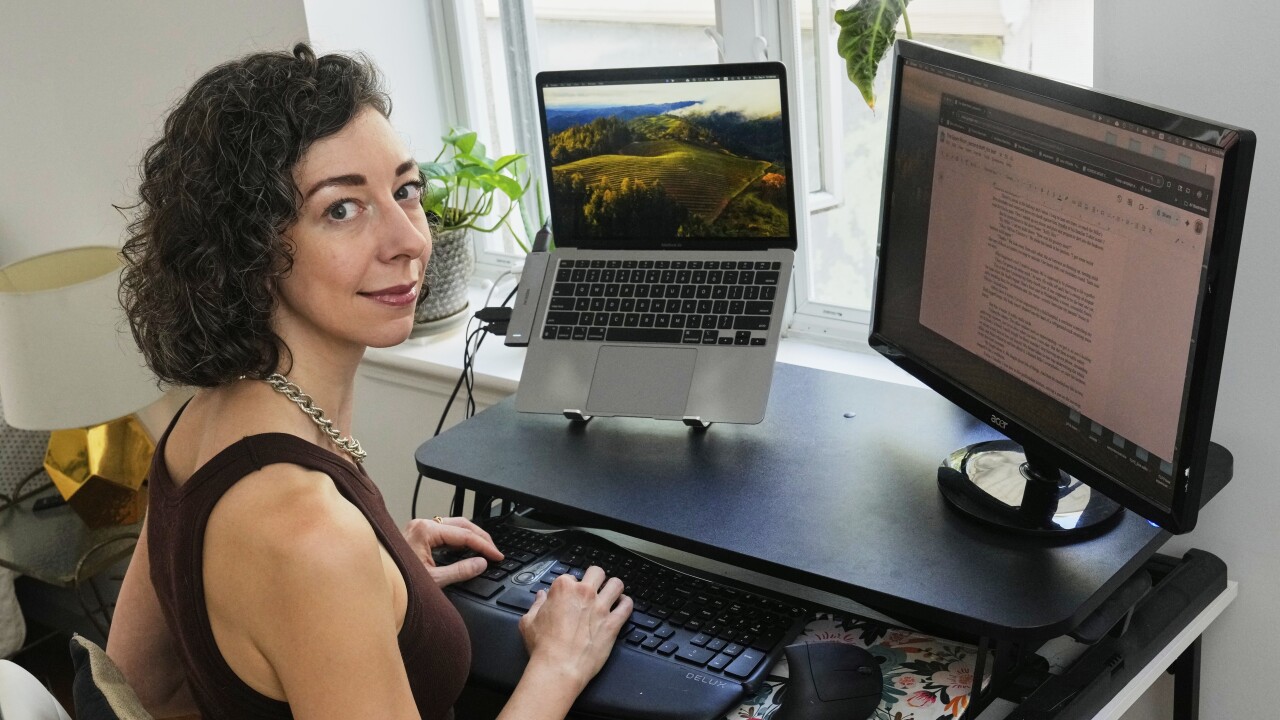AI startup Anthropic has agreed to a substantial settlement of $1.5 billion following allegations of copyright infringement and piracy. The company faced a lawsuit from several prominent authors, including Andrea Bartz, Charles Graeber, and Kirk Wallace Johnson, who accused Anthropic of illegally downloading and using pirated versions of their works to train its artificial intelligence models.
According to the complaint, the authors’ legal representation described the actions of Anthropic as “brazen infringement.” Specifically, the lawsuit claimed that the company “downloaded known pirated versions of the works, made copies of them, and fed those pirated copies into its models.” This legal battle has raised significant questions about the intersection of copyright law and the rapidly evolving field of artificial intelligence.
Legal Arguments and Court Rulings
In the ongoing litigation, Nouvelle Gonzalo, a specialist in corporate law and intellectual property, pointed out that Anthropic argued its work was transformative under copyright law. Gonzalo explained that this legal term refers to a situation where the final product is sufficiently different from the original work, thus not infringing on the original copyright. Conversely, the authors contended that their original works were essential to the creation of the AI models, making the use by Anthropic a clear violation of their rights.
The judge ultimately sided with Anthropic on the copyright issue, ruling that the company’s use of the works fell under the legal doctrine of “fair use.” However, the court also determined that downloading content from an online shadow library constituted piracy, leading to the unprecedented settlement.
“This landmark settlement far surpasses any other known copyright recovery,” stated Justin Nelson, an attorney representing the plaintiffs, in a statement to Scripps News. He emphasized that this case is the first of its kind in the AI era and will provide significant compensation for the authors. Nelson also noted the implications of the ruling, asserting that it sets a precedent requiring AI companies to compensate copyright owners for similar infringements in the future.
Financial Implications and Future Impact
Under U.S. copyright law, damages begin at $750 per infringed work, meaning that Anthropic could have faced liabilities exceeding $1 trillion had the case progressed to trial. JD Harriman, a partner at Foundation Law Group, remarked, “A lot of people want to make new law just for AI, but the old laws work. This is just standard copyright violation of unlawful copying or buying pirated material.”
The settlement not only highlights the challenges faced by AI companies in navigating copyright laws but also underscores the growing concerns surrounding the use of copyrighted material without proper authorization. As technology continues to advance, the outcome of this case may redefine how AI companies engage with content creators and handle intellectual property rights.
As the industry evolves, the implications of this settlement will likely reverberate through both the technology and creative sectors, sending a clear message about the necessity of respecting copyright laws in an increasingly digital world.
Scripps News has reached out to Anthropic for further comment on this settlement.
